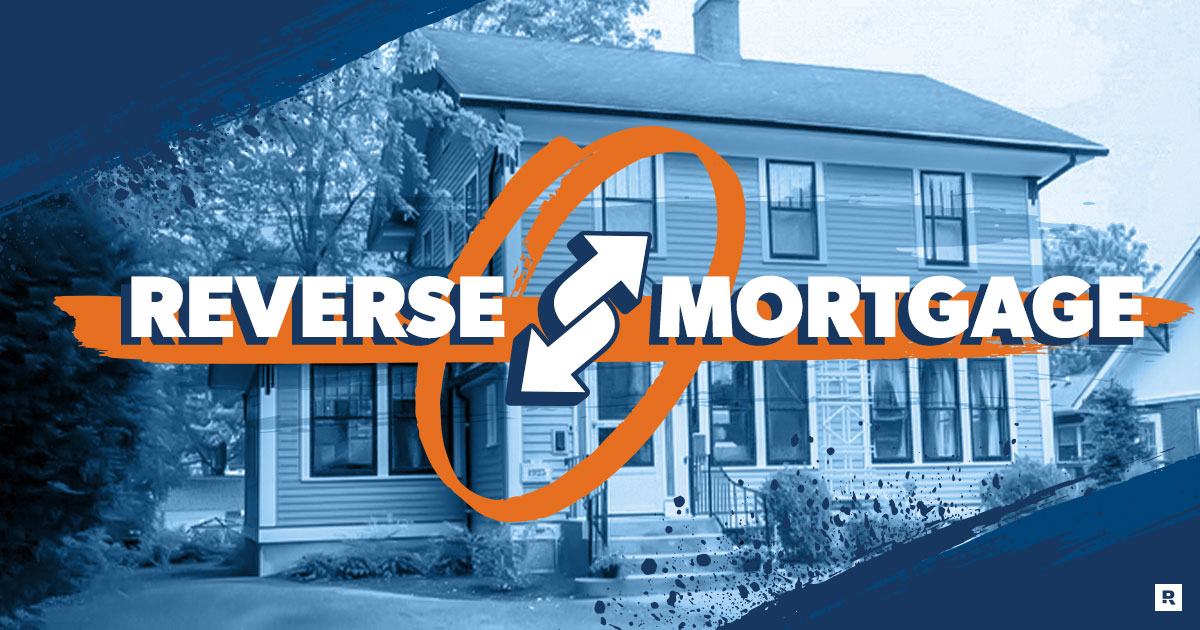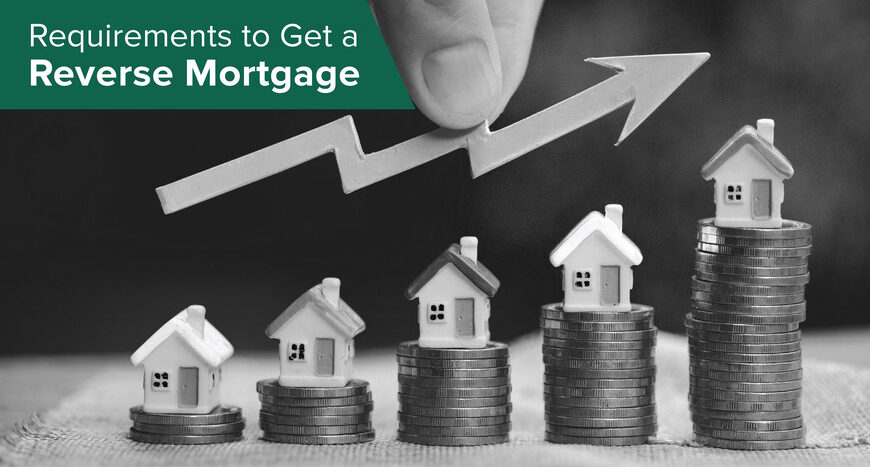How to Purchase Reverse Mortgage and Use It to Fund Your Future
How to Purchase Reverse Mortgage and Use It to Fund Your Future
Blog Article
Unlock Financial Liberty: Your Guide to Purchasing a Reverse Home Loan
Comprehending the ins and outs of reverse mortgages is vital for homeowners aged 62 and older seeking economic freedom. This one-of-a-kind financial tool enables senior citizens to leverage their home equity, transforming it right into accessible money for numerous needs, from health care to way of living enhancements. Browsing the qualification requirements, advantages, and prices can be complicated. As you consider this choice, it is essential to understand not only exactly how it functions yet additionally the effects it might carry your economic future. What are the vital variables you should consider prior to making such an impactful decision?
What Is a Reverse Home Mortgage?

The fundamental allure of a reverse home loan lies in its prospective to boost monetary adaptability during retired life. Homeowners can utilize the funds for numerous objectives, including medical expenditures, home improvements, or daily living expenses, hence providing a safeguard during a critical point of life.
It is necessary to recognize that while a reverse home loan enables for raised cash flow, it likewise lowers the equity in the home over time. As interest collects on the superior loan balance, it is essential for possible borrowers to thoroughly consider their long-lasting monetary strategies. Consulting with a reverse mortgage or an economic consultant specialist can provide important insights into whether this option aligns with an individual's financial goals and circumstances.
Eligibility Needs
Comprehending the qualification needs for a reverse home mortgage is important for homeowners considering this monetary option. To qualify, applicants have to go to the very least 62 years of ages, as this age requirement enables seniors to access home equity without monthly home loan settlements. In addition, the house owner needs to occupy the residence as their key residence, which can consist of single-family homes, specific condominiums, and made homes satisfying certain guidelines.
Equity in the home is an additional essential need; house owners typically need to have a substantial quantity of equity, which can be identified through an assessment. The quantity of equity readily available will directly affect the reverse home loan amount. Applicants have to demonstrate the capability to maintain the home, including covering building taxes, homeowners insurance coverage, and upkeep expenses, making certain the home continues to be in good problem.
Furthermore, prospective debtors must go through an economic assessment to assess their earnings, credit report, and overall monetary circumstance. This analysis helps lenders figure out the candidate's ability to meet continuous commitments associated with the home. Satisfying these needs is crucial for protecting a reverse home loan and making certain a smooth financial transition.
Benefits of Reverse Home Loans
Many advantages make reverse home mortgages an enticing alternative for seniors seeking to improve their monetary versatility. purchase reverse mortgage. Among the main benefits is the capability to transform home equity into money without the requirement for regular monthly home loan repayments. This feature enables seniors to access funds for various needs, such as medical expenses, home renovations, or daily living prices, therefore relieving economic stress and anxiety
Furthermore, reverse home loans offer a safety net; elders can remain to reside in their homes for as long as they meet the lending requirements, cultivating security during retirement. The proceeds from a reverse mortgage can additionally be utilized to delay Social Security advantages, potentially resulting in greater payouts later.
Additionally, reverse mortgages are non-recourse lendings, meaning that debtors will never ever owe more than the home's value at the time of sale, shielding them and their beneficiaries from financial responsibility. The funds received from a reverse home loan are generally tax-free, including another layer of economic relief. In general, these advantages setting reverse home mortgages as a useful solution this website for senior citizens looking for to improve their economic situation while preserving their valued home atmosphere.

Prices and Fees Entailed
When considering a reverse home loan, it's important to be aware of the various expenses and charges that can affect the total financial picture. Understanding these expenditures is essential for making an informed choice regarding whether this economic item is right for you.
Among the main prices connected with a reverse home mortgage is the origination fee, which can vary by lender but typically ranges from 0.5% to 2% of the home's assessed value. Additionally, property owners must expect closing expenses, which may include title insurance coverage, evaluation charges, and debt record costs, normally totaling up to a number of thousand dollars.
One more significant expenditure is home mortgage insurance coverage premiums (MIP), which safeguard the lender against losses. This cost is normally 2% of the home's worth at closing, with a continuous annual costs of 0.5% of the staying finance equilibrium.
Lastly, it is essential to consider ongoing expenses, such as real estate tax, homeowner's insurance policy, and upkeep, as the customer remains in charge of these costs. By carefully reviewing these expenses and fees, house owners can better analyze the monetary implications of seeking a reverse mortgage.
Actions to Begin
Obtaining started with a reverse home loan involves a number of vital steps that can assist streamline the process and guarantee you make informed decisions. Examine your economic situation and identify if a reverse home mortgage aligns with your long-lasting objectives. This consists of evaluating your home equity, current financial obligations, and the need useful site for added revenue.
Following, research various loan providers and their offerings. Try to find trusted establishments with favorable testimonials, clear fee structures, and competitive rate of interest rates. It's vital to contrast terms and problems to locate the best fit for your needs.
After selecting a lender, you'll need to complete a detailed application process, which generally needs paperwork of earnings, possessions, and building information. Involve in a therapy session with a HUD-approved therapist, that will supply understandings into the implications and responsibilities of a reverse mortgage.
Conclusion
Finally, reverse home mortgages present a viable alternative for elders looking for to improve their monetary stability throughout retired life. By converting home equity into accessible funds, homeowners aged 62 and older can resolve numerous monetary needs without the stress of month-to-month payments. Understanding the complexities of eligibility, advantages, and connected costs is essential for making educated choices. Careful factor to consider and preparation can lead to better high quality of life, guaranteeing that retirement years are both safe and fulfilling.
Recognizing the complexities of reverse home mortgages is vital for homeowners aged 62 and older seeking economic freedom.A reverse home mortgage is a financial item made mainly for home owners aged 62 and older, allowing them to transform a section of read what he said their home equity into money - purchase reverse mortgage. Consulting with a reverse home mortgage or a financial consultant professional can offer beneficial insights into whether this choice straightens with a person's financial goals and scenarios
In addition, reverse mortgages are non-recourse fundings, suggesting that borrowers will never owe more than the home's value at the time of sale, securing them and their successors from financial obligation. Generally, these advantages placement reverse home mortgages as a sensible solution for seniors seeking to improve their financial situation while maintaining their cherished home environment.
Report this page